Much like humans, horses have their mood swings. Some days they are affectionate and eager to work, and other days they seem to wake up with their ears pinned and their teeth grinding! There are several biological and environmental reasons why a horse may be moody, but luckily, there are also a handful of techniques you can employ to navigate those equine highs and lows.
Mood swings should never be ignored as they could be a sign of:
1. Medical Conditions
If your otherwise happy-go-lucky horse begins to experience fluctuations in mood, it is time to consult your veterinarian to rule out pain or illness. Horses with previous injuries, and those who experience allergies, joint and muscular pain, gastrointestinal issues, or disorders of the nervous and endocrine system are more prone to act out when they are experiencing a flare-up.
2. Anxiety & Stress
Common causes of stress in horses include travel, changes in their environment, illness, injury, training, social situations, and dietary changes. Anxious horses often have decreased performance, behavioral changes, and mood swings.
3. Hormonal Changes
Hormones are often blamed for moody mares and abnormal levels of thyroid and adrenal hormones are known to cause fluctuations in emotions. There is also evidence to show that horses are affected by changes in their routine in much the same way as humans. Sticking to a predictable daily routine can help maintain hormonal balance and stabilize mood.
4. Sleep Conditions
Horses that get less than 60 minutes of REM sleep a day for a week or more can experience symptoms of sleep deprivation including negative moods and behavioral changes. Sleep deprivation in horses can occur when the animal is unable to lay down in a laterally recumbent position, experiencing physical discomfort, has insufficient space, is insecure about its environment, or is under social pressure.
5. Environmental Factors
If you have ruled out all of the physical issues above, chances are your moody horse is reacting to something in his environment. Be mindful of everything that is going on when the mood swings occur including routine, activities, locations, time of day, weather, social interactions, diet, etc.
Horse Courses by Elaine Heney
- Listening to the Horse - The Documentary by Elaine Heney & Grey Pony Films
- Shoulder In & Out Training for better balance, bend & topline development with your horse
- Over 110+ Polework Exercises & Challenges to Download
- Dancing at Liberty & Creating Connection with Your Horse (11 lessons) - Grey Pony Films
Additional ways you can help:
- Never punish a moody horse
- Reward small successes
- Be flexible and willing to change up your training technique
- Consider consulting with an equine nutritionist, diet is a vital component of mood management
- Provide environmental and behavioral enrichment to reduce anxiety
- Exercise regularly - endorphins reduce the effects of stress and improve mood
H/T to TheHorse.com

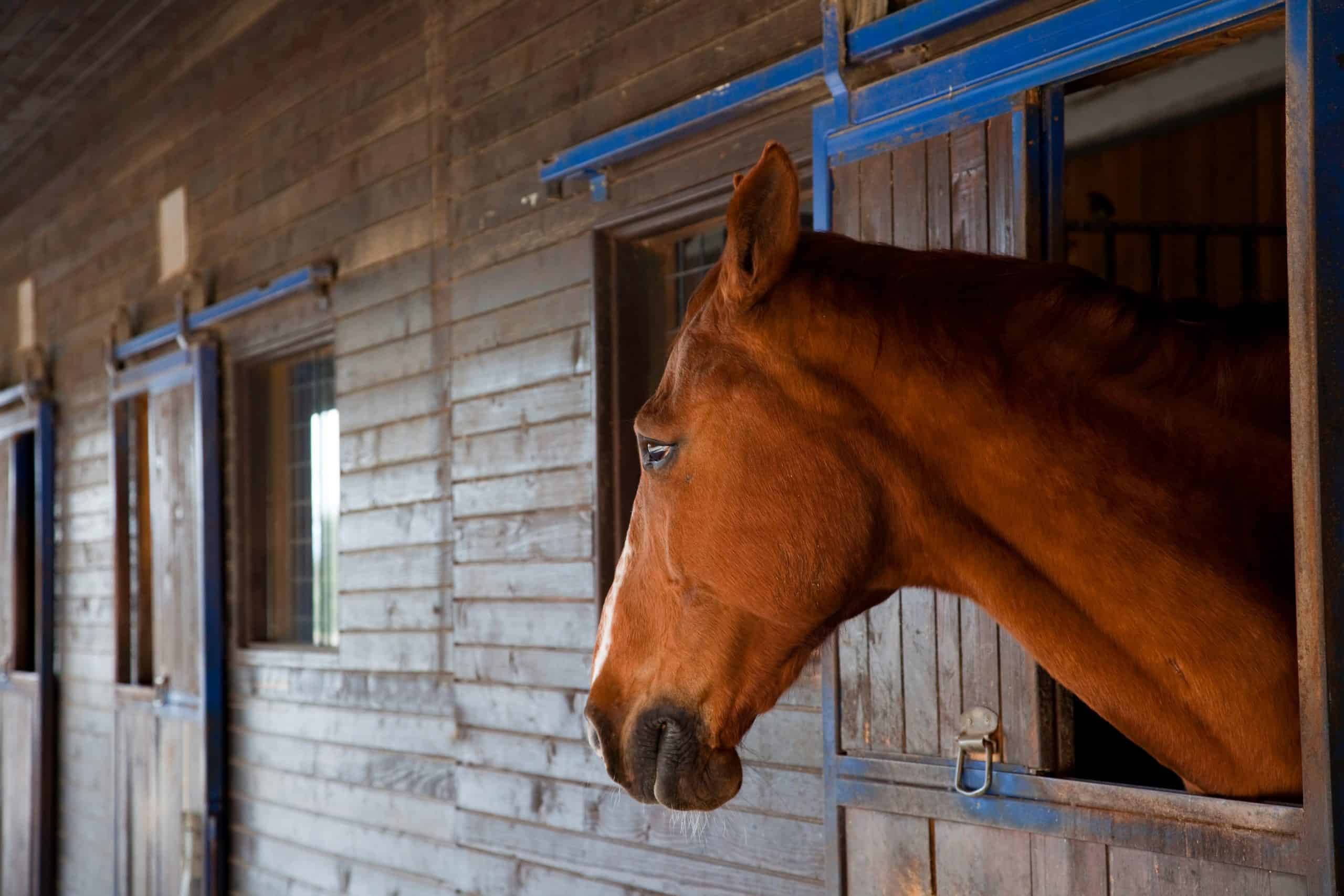
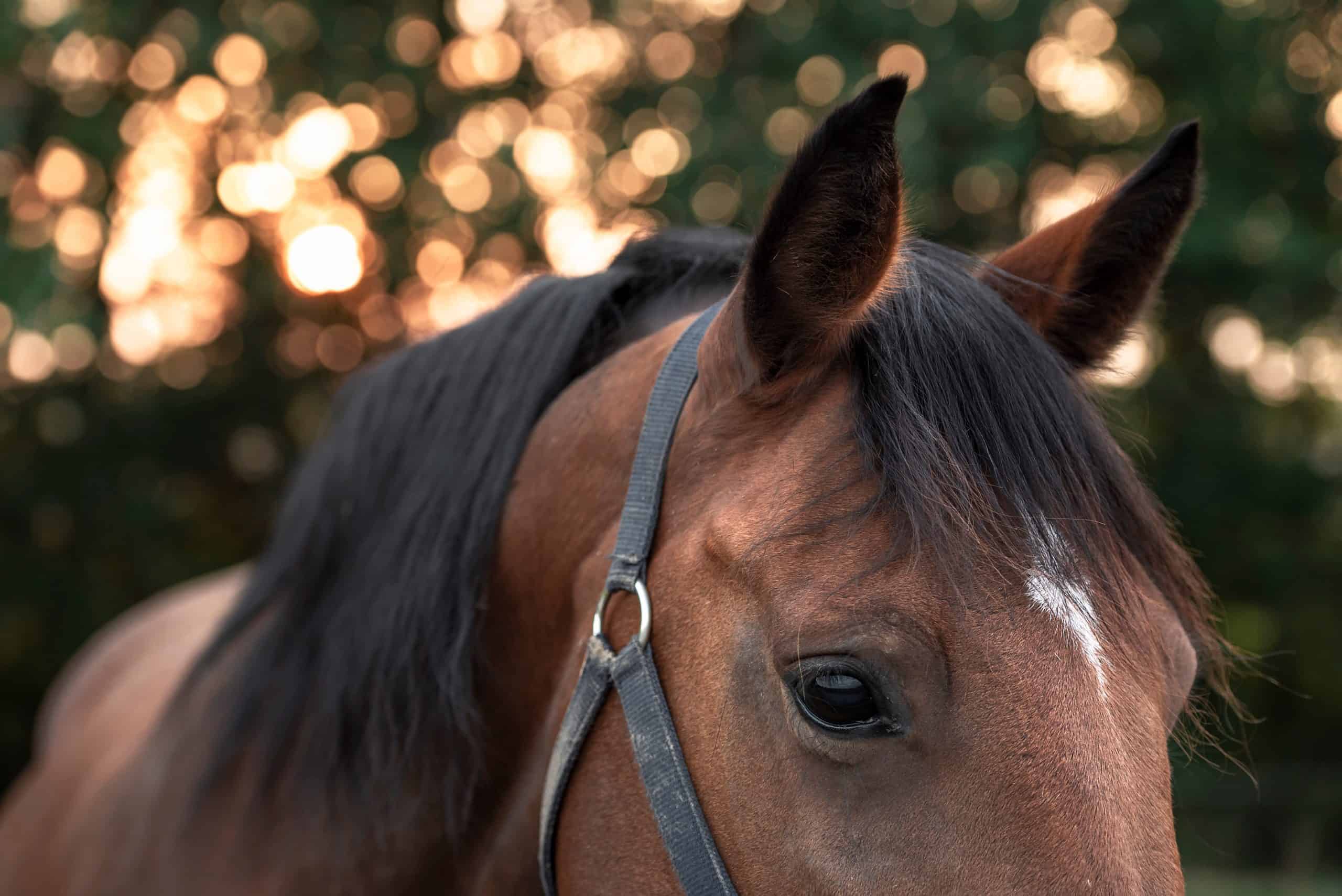
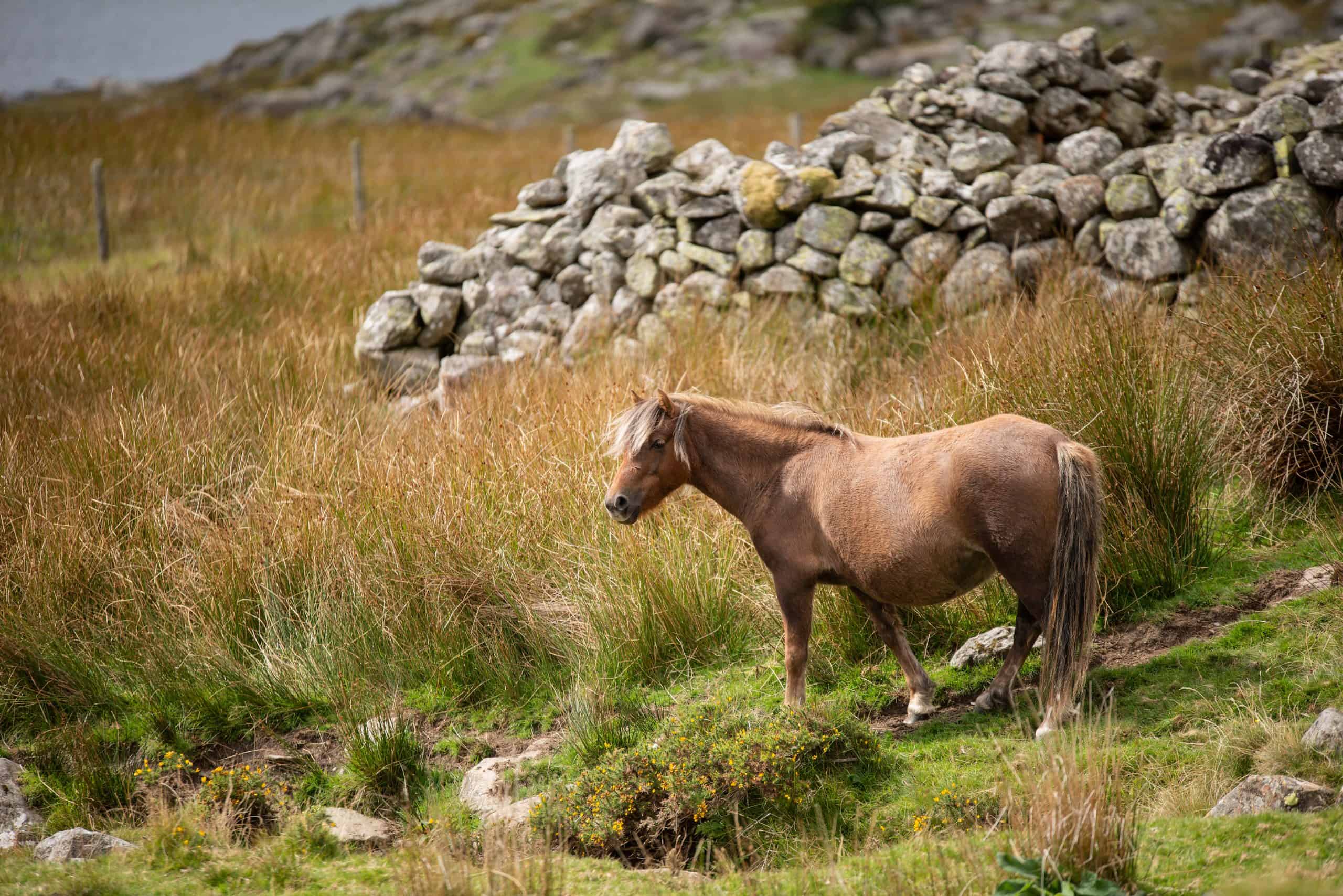
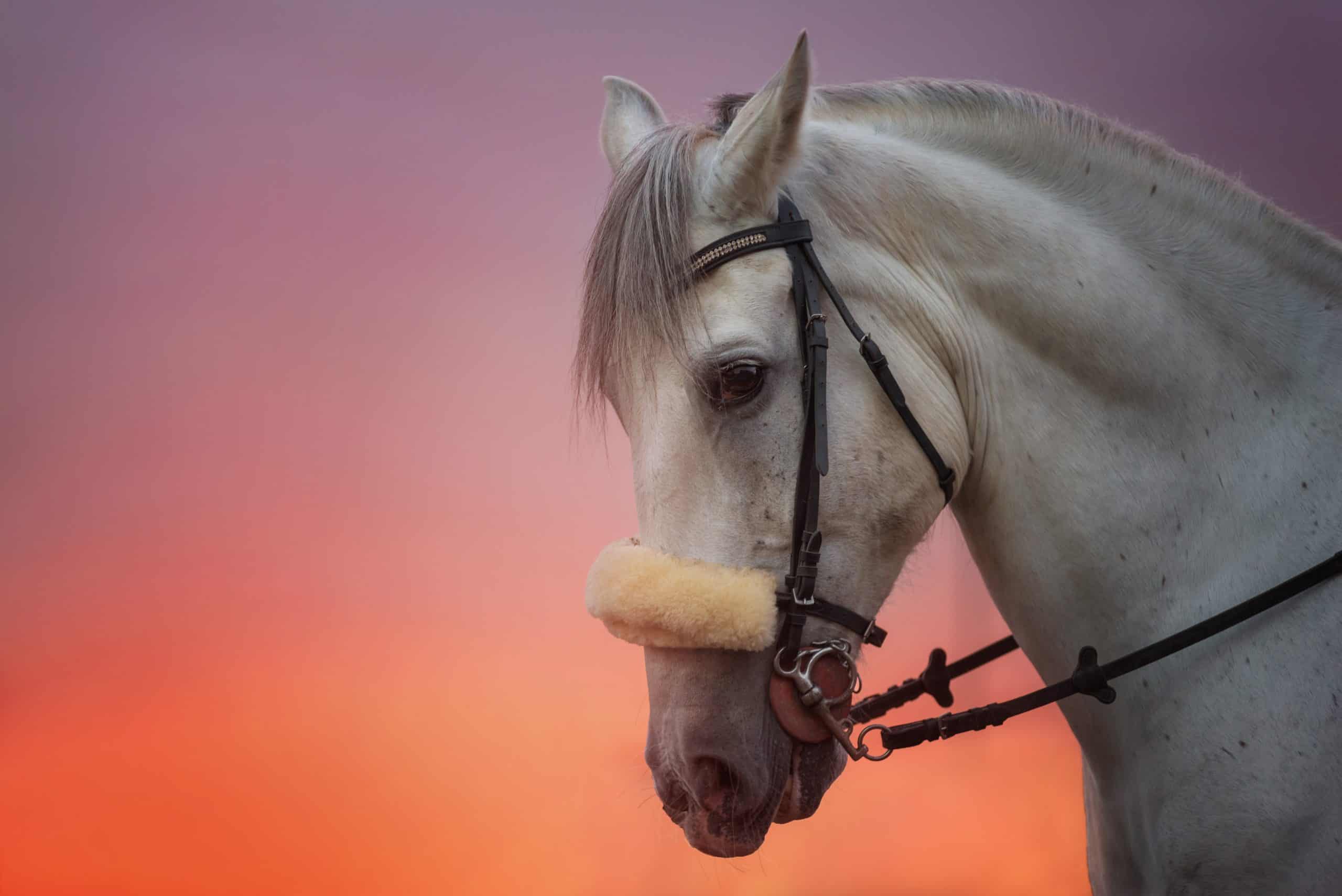
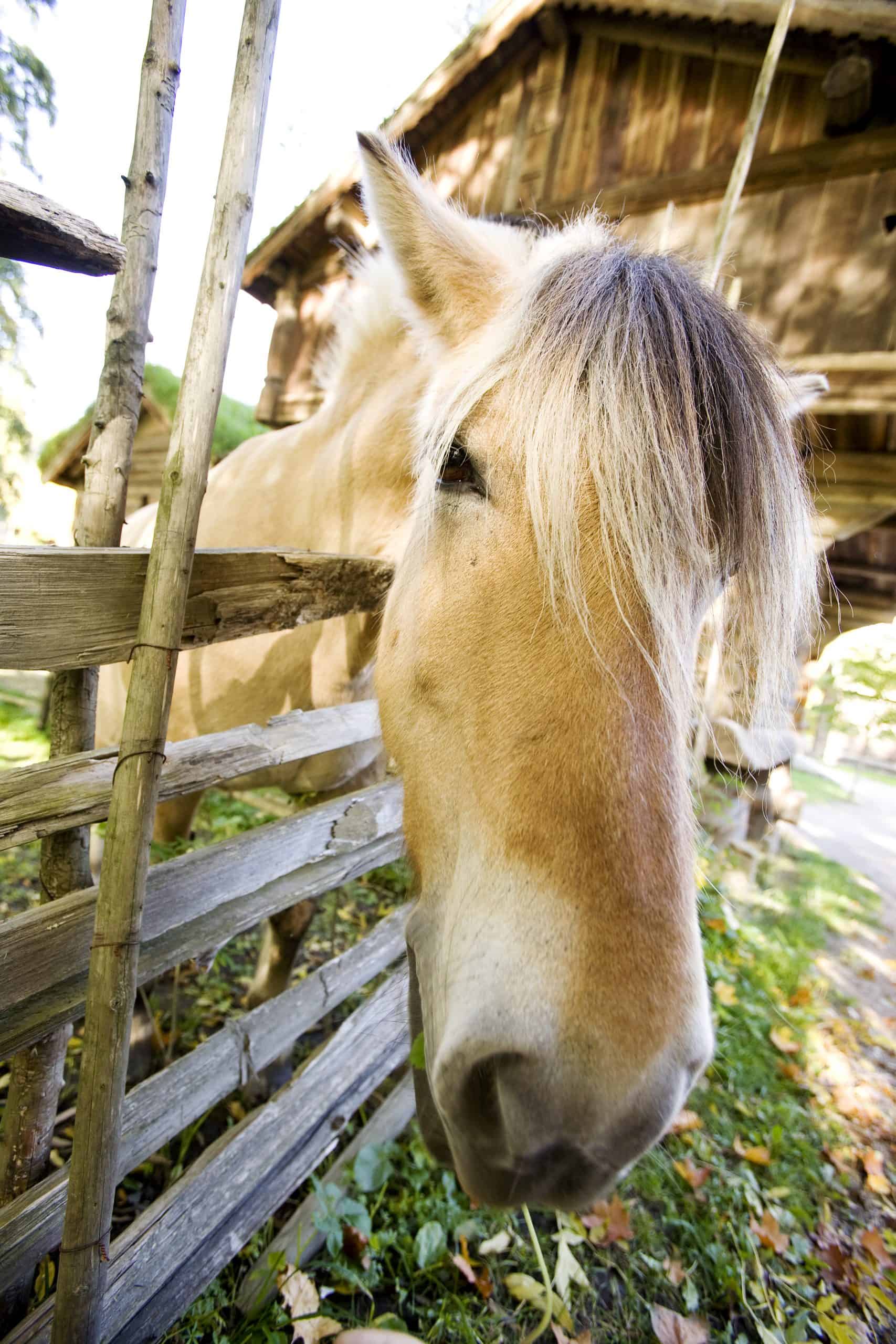
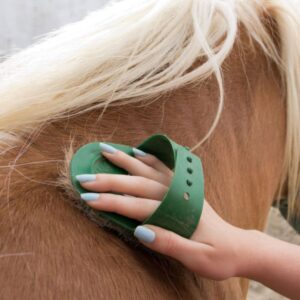


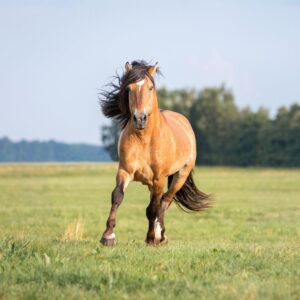
Leave a Reply